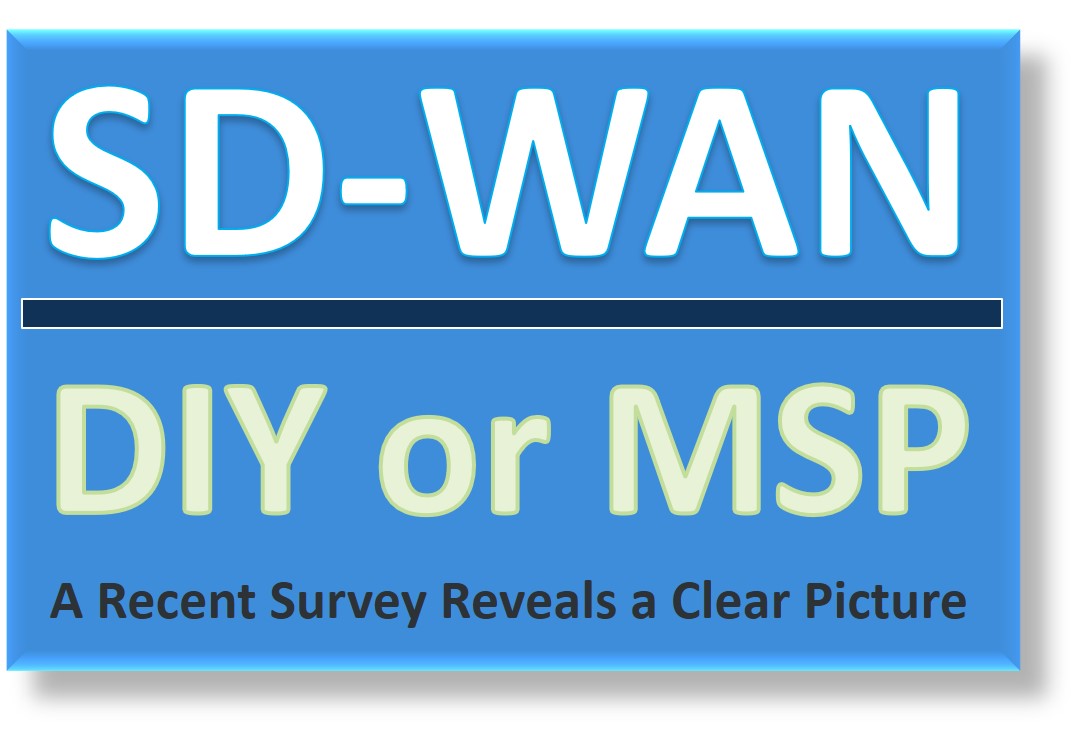Whether you build bridges, install cellular transmission towers, or make wedding cakes, if you count on acquiring customers, then your business is a sales business. What you are selling may be a product or service, but the activity of the organization is rooted in getting someone else to give your organization money in exchange for what you offer. That takes sales. It’s possible you didn’t think of it that way. Maybe it never occurred to you that the core of your business isn’t only your product or expertise, but rather your ability to convince others to pay for that product or expertise. As an IT organization, your ability to not only survive but thrive is tied directly to the opportunities being generated by your sales people.
We’ve discussed before how to locate great salespeople (starting with your company’s best salesperson) but have yet to discuss how to compensate them. Should you offer a base salary? Commissions that accelerate as sales increase? Bonuses tied to margin or tied to activity? The questions you must answer are significant and the right answer often depends on the result you are trying to achieve. If you need help getting started designing a sales compensation strategy, here are some ideas and considerations to keep in mind.

Compensation is a powerful motivator for salespeople.
Image courtesy of Wikimedia Commons
Base salary: Everyone has bills to pay and a desire for basic financial security. Asking salespeople to live on commission only is obviously an option, but know that such an offering will severely limit your candidate pool. That said, base pay should not keep your salespeople in a comfortable standard of living in and of itself. Very few sales positions in IT services contain a base pay component in excess of $50,000 year, which is a level normally reserved for tenured outside account managers with a proven track record of success. More common when selling IT services, hardware, and software is a base rate between $18,000 and $40,000 a year. Without question, a higher base salary should carry a higher burden for earning commissions or bonuses, as well as a higher expectation of performance.
Benefits: Many full time sales positions offer benefits like medical, dental, and vision insurance or retirement matches. Your compensation for salespeople with regard to these benefits will likely be similar (or exactly the same) as the benefits offered to other full-time employees. A word to the wise, however: do not forget these additional costs when calculating the cost of adding a salesperson. A $2,000 base salary may seem to fit in the budget, but an additional $1,200 in benefits may make things tight for your organization.
Gates and Triggers: While your expectation is that the salesperson will generate enough margin or profit for your organization to justify having them on the team, there are ways to ensure that the cost of the employee is covered before commissions start being paid. One common phrase for this type of thing is a “gate” or “trigger”. For example, let’s say an employee’s total guaranteed compensation (base pay, benefits, taxes, etc.) is $3,000 each month. The company must spend that much to have the employee regardless of whether they sell anything or not. Let’s also say, for example, that the company typically sells its offerings at a 30% margin. In other words, a $1,000 order would result in $300 of profit margin for the company. An effective gate for this employee could be $10,000 in gross sales. In other words, the salesperson would need to sell $10,000 gross before earning eligibility for commissions or bonuses. Remember, at 30 points of margin, $10,000 gross sales produces $3,000 profit dollars that cover the cost of the employee.
The price of experience: One of the oft-overlooked correlations between “experience” and expected base compensation is rooted in the fact that people with more experience tend to be older and have more bills at home than their younger counter-parts. A person with 15 years of sales experience isn’t necessarily a better salesperson than a person with 4 years of sales experience. They are, however, likely to be older and have a higher cost of living (mortgage payments, children, etc.). Resist the temptation to equate experience with guaranteed compensation. Design your compensation plans so that successful sales people are able to reach their financial goals regardless of experience. If that experience taught the individual to be a better salesperson, then it will show in their work and the commissions they earn.
Commissions, Bonuses, and Incentives: While some might make a distinction between these three types of compensation, they all refer to extra financial compensation for salespeople. For our purposes, we will refer to them as commissions. Determining a commission structure is the most complicated part of designing compensation plans for IT sales makers. Here are some key questions to consider:
- Gross or net? Sales commissions are a tool you use to drive specific behavior. In most cases, the behavior you want to drive is an increase in net margin for the company. While there are examples of wanting to drive top-line revenue (gross) or some other metric, the vast majority of companies should be primarily concerned with increasing profit. As such, make sure any commissions are tied to net profit and not gross sales. Paying commissions for appointment setting or number of calls made or number of purchase orders received is simply skirting around the issue and making things confusing. Pay sales people for bringing profit to the company. Period.
- Quota or no quota? A quota is a target attainment level that measures a salesperson’s success. Quota setting should reflect expected sales plus a small addition for growth. You should absolutely have your salespeople on a quota system. If a new IT managed services salesperson is taking over a territory that typically purchases $30,000 month of hardware, software, and services, then a quota of $33,000 (historical sales plus $3,000 in growth) might be appropriate. Quotas are the expected level of sales and help the organization plan for the future while giving the salesperson a target for which to aim. A salesperson that consistently exceeds quota is an asset and should be well compensated. A salesperson that consistently fails to meet quota is not a benefit to your organization.
- Percentage of sale or percentage of plan? Some organizations pay salespeople a percentage of a sale or a percentage of margin. For example, a salesperson earning 20% of net margin booked would receive twenty cents of every profit dollar earned for the company. $20,000 in gross sales at 40 points of margin would mean $8,000 of profit to the company. 20% of that, or $1,600, would be the salesperson’s commission. Paying a percentage of the margin earned is a simple and straightforward way to plan for commissions. Other organizations, however, pay salespeople based on a percentage of plan. This system is more complex. At the end of the quarter, the percentage of quota attainment is measured against a target incentive and the resulting number is the commissions paid. In this scenarios, selling $25,000 against a $50,000 quota with a $10,000 target incentive would result in a $5,000 commission check (50% attainment measured against $10,000 target incentive). As a general observation, smaller organizations benefit from the former method as calculation is simple and straightforward and the salesperson is incentivized to sell as much as possible. Larger organizations benefit from the latter method as it allows for easier sales forecasting and makes it easier to control sales-maker compensation.
The primary thing to remember when designing compensation for IT sales professionals is this: pay dictates behavior. If you want your salespeople to focus on selling more software licensing, then you should offer higher commissions for software sales. If you want them focused on selling servers and storage, pay more in commission for that to happen. Most salespeople are predictable: they will follow the money. Your sales compensation plan has the powerful ability to dictate salesperson behavior and drive whichever activity and results you deem important. Keep that in mind as you decide how to best compensate your sales staff and you can be sure to formulate a plan that helps company profit increase while helping individual salespeople reach their own goals.




